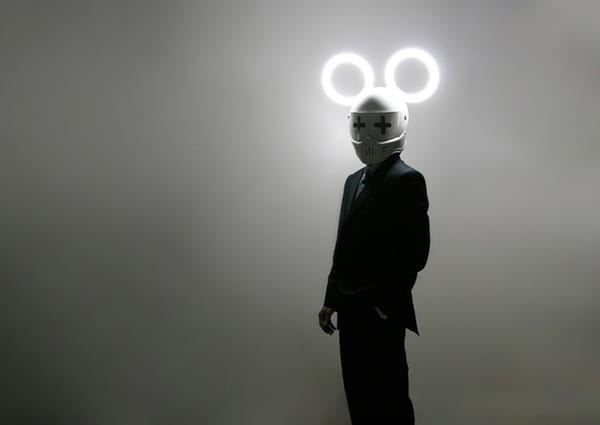Excerpts
Constant Luxury is No Luxury At All
“But just as the human body didn’t evolve to deal well with today’s easy access to abundant fat and sugars, and will crave an extra cheeseburger when it shouldn’t, the human mind, apparently, didn’t evolve to deal with excess money, and will desire more long after



